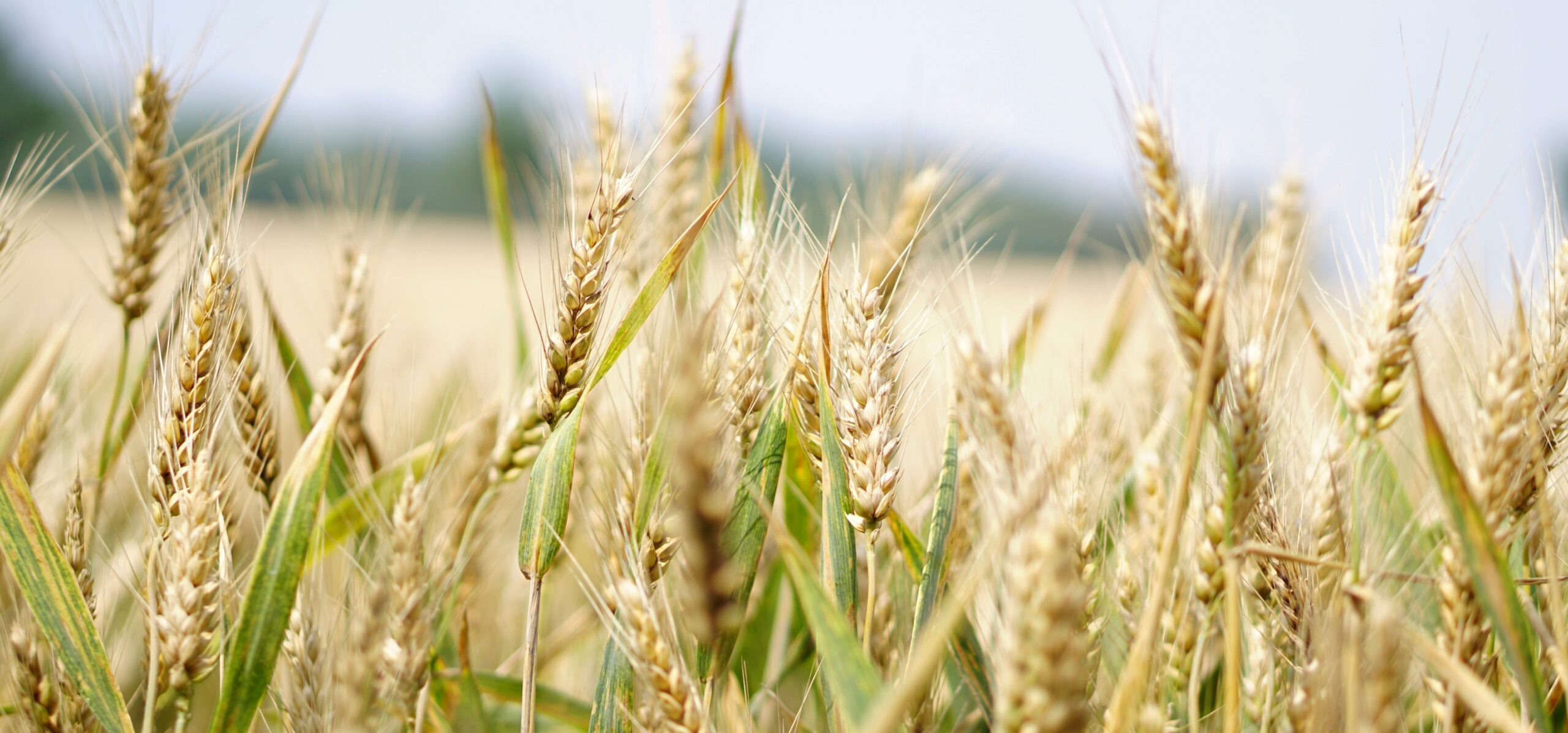April 8th, 2022Frontline for biosecurity risks on farms
Grain Biosecurity Officers (GBO’s) are at the frontline of protecting Australia’s $18 billion grains industry by helping growers manage biosecurity risks at a farm and industry level.
The grains industry is fortunate to have expert GBO’s based in each of the grain growing regions of New South Wales, Queensland, South Australia, Victoria, and Western Australia.
The GBO’s Bill Gordon (NSW), Kym McIntyre (QLD), Jim Moran (VIC) and Jeff Russell (WA) work together with the Grains Farm Biosecurity Program (GFBP), which is Australia’s flagship biosecurity extension program.
Launched in 2007, the program is managed by Plant Health Australia (PHA) and funded by growers through Grain Producers Australia and state governments.
PHA manages the national program which develops key information resources and tools such as farm gate biosecurity signs, fact sheets, communication products and management guides to assist the officers in raising awareness.
The GBO team works across three main areas: (1) surveillance coordination, (2) sharing information on managing farm biosecurity risk and (3) enhancing industry awareness and preparedness.
Regular crop monitoring and surveillance are essential tools that are used to detect pests early – substantially increasing the chance of detecting new pests and diseases early.
Continuous surveillance also assists the industry to maintain access to world markets for Australian grain export, since the absence of exotic pests can be demonstrated.
The GBO’s play an essential role in raising awareness of the industry’s main exotic pest threats. They work with industry to improve farm hygiene practices that minimise the risk of disease and pest entry and spread on farms.
Using tools like pheromone traps, monitoring and inspecting stored grain, and following up on community information received through the Exotic Plant Pest (EPP) hotline, enables the GBO’s to target surveillance for specific pests.
These tactics encourage growers to closely inspect their crops and report any changes or new pests and diseases to the EPP hotline.
On a day-to-day basis the GBO’s attend field days, industry events, meetings and workshops, where they connect with growers, agronomists and government colleagues such as Local Land Services officers.
They provide training on surveillance techniques, identifying pests, how to send samples for suspect exotic pests and share information about managing and reducing risks at farm level.
Since the program’s inception, the GBO’s have distributed thousands of farm biosecurity signs and helped growers to set up their daily activities in a way that protects their business and the industry.
Establishing good biosecurity practices on farm is not only good for individual businesses but it also adds another layer of protection to Australia’s world-class biosecurity system.
If you spot anything unusual or find something you are not sure about, call the Exotic Plant Pest Hotline on 1800 084 881.
For more information on how to implement farm biosecurity practices on your property contact one of the Grains Biosecurity Officers in your region.
For more information about the Grains Farm Biosecurity Program, visit planthealthaustralia.com.au/gfbp where you will find fact sheets on grain pests and biosecurity. In Victoria contact Jim Moran 0418 377 930 or email him on jim.moran@agriculture.vic.gov.au










